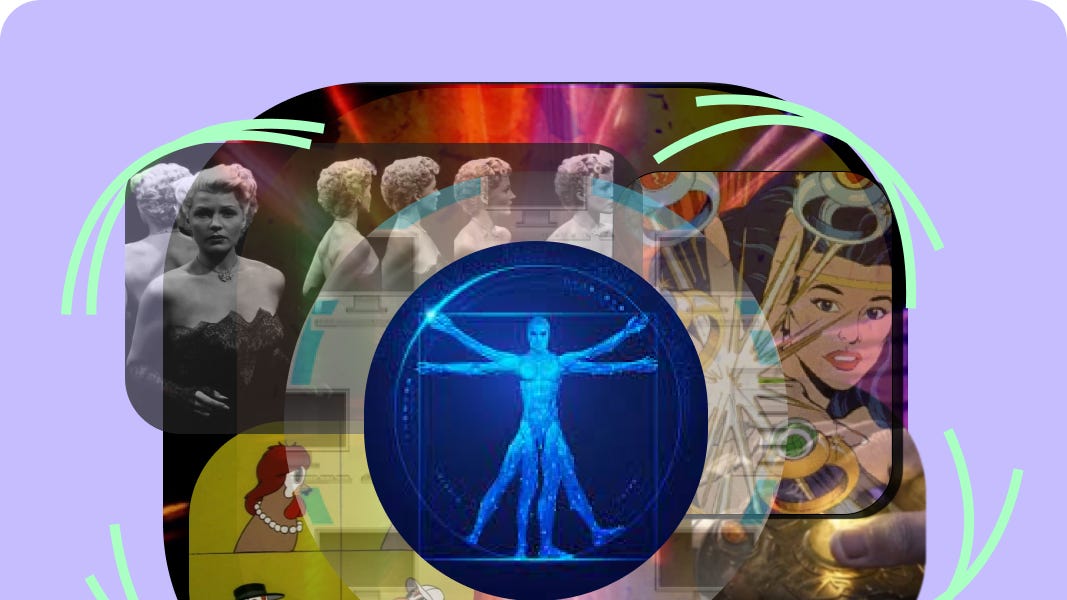The internet, we could say, is still running in a fairly agrarian economy, as that most precious digital commodity—data—is consigned to the localities of individual platforms: Spotify, YouTube, Twitter, TikTok, and, yes, Facebook. The metaverse, Zuckerberg suggests, is a railroad between these local economies that lets them exchange data with the u... See more

